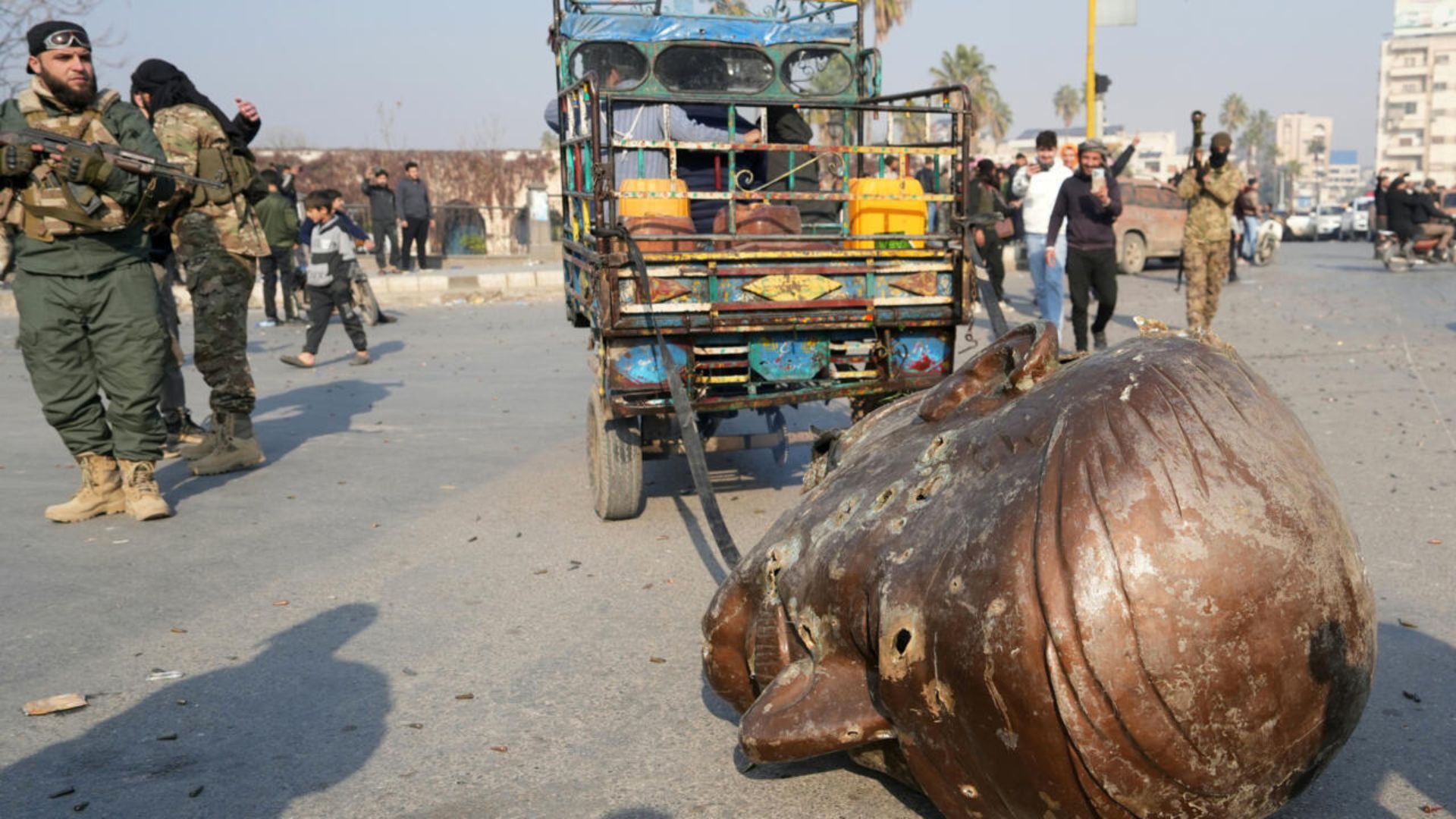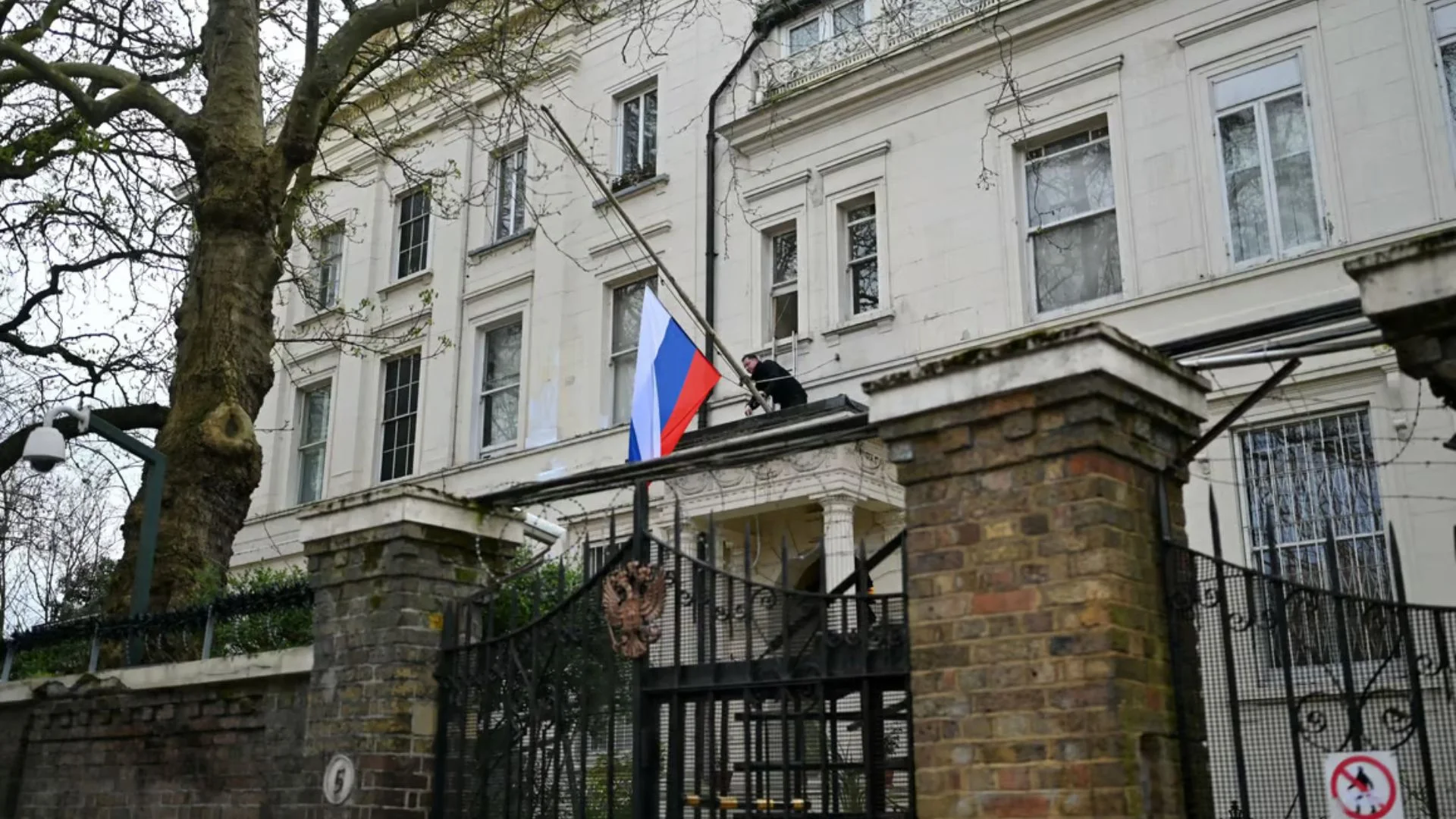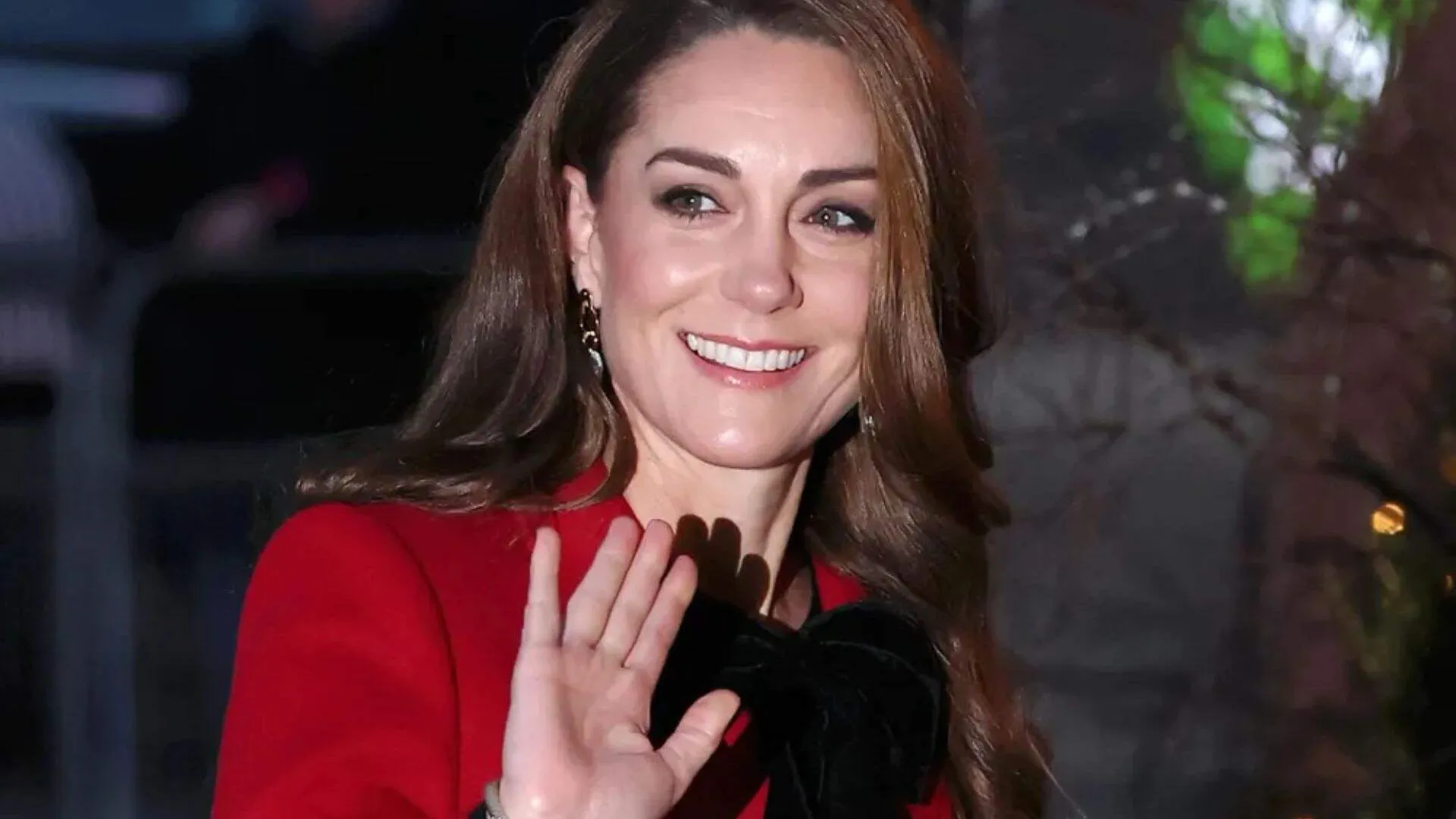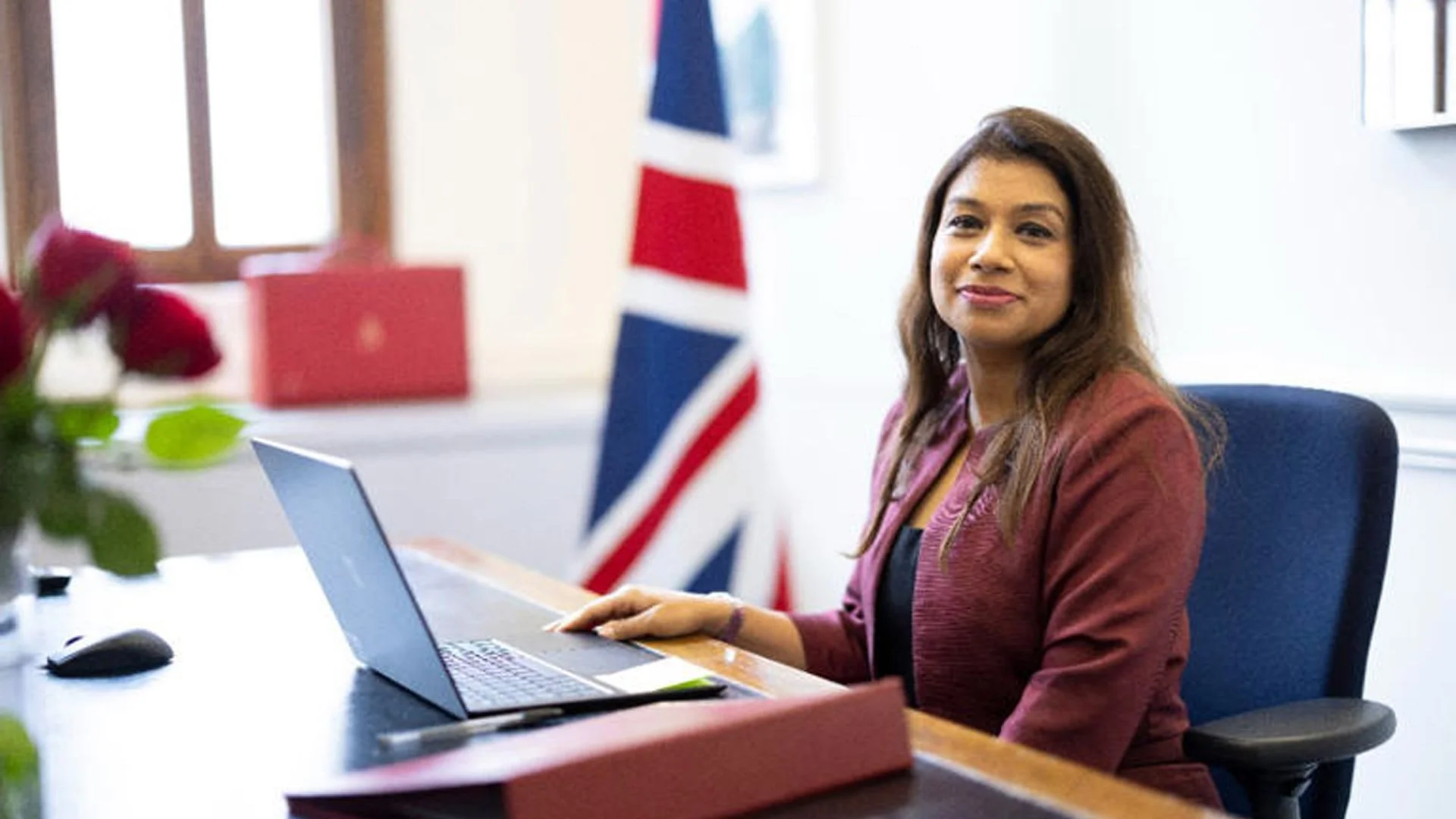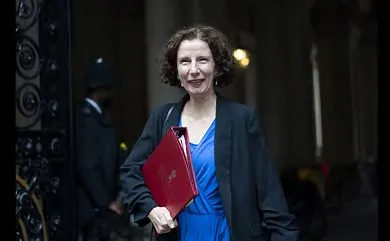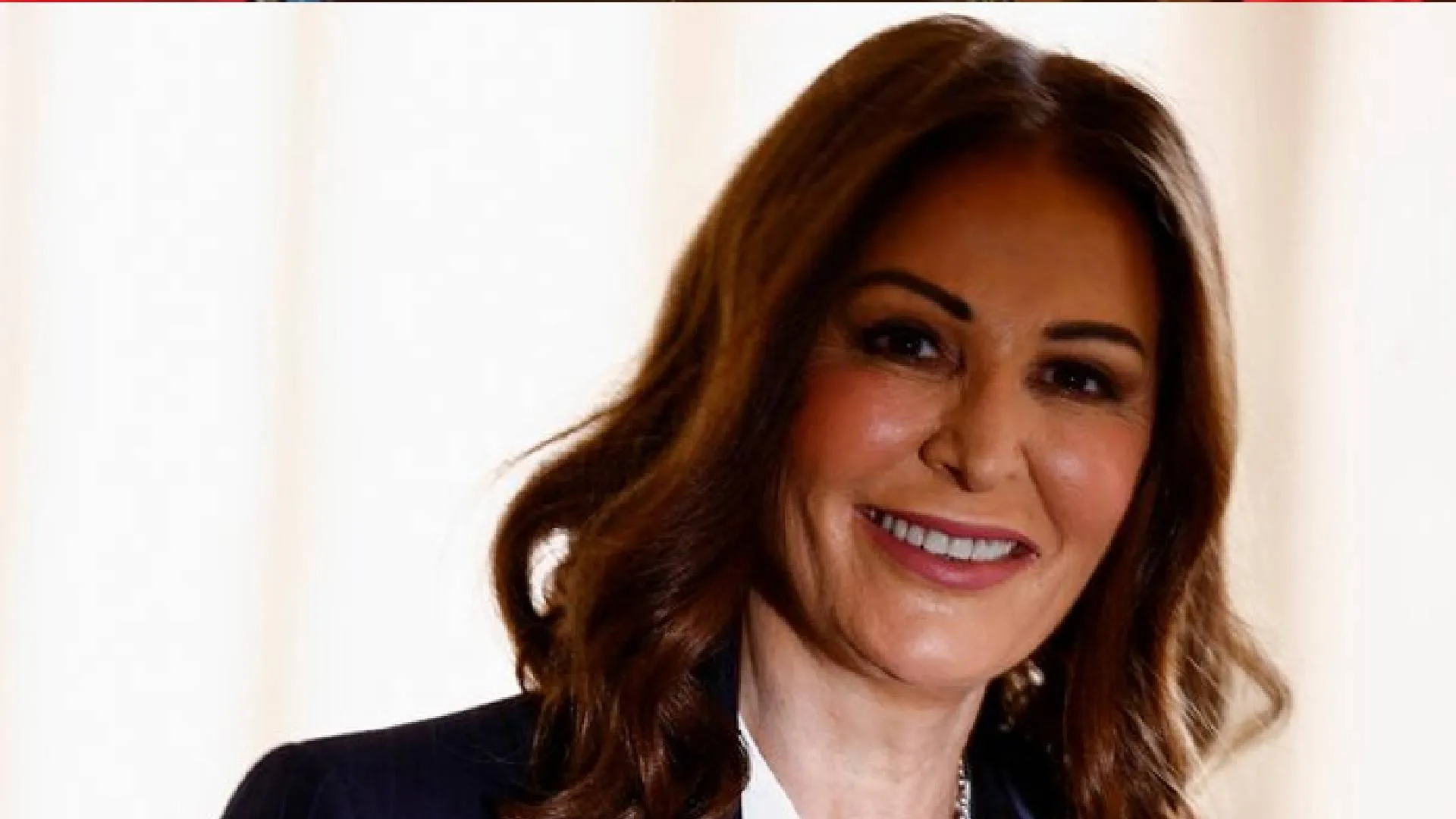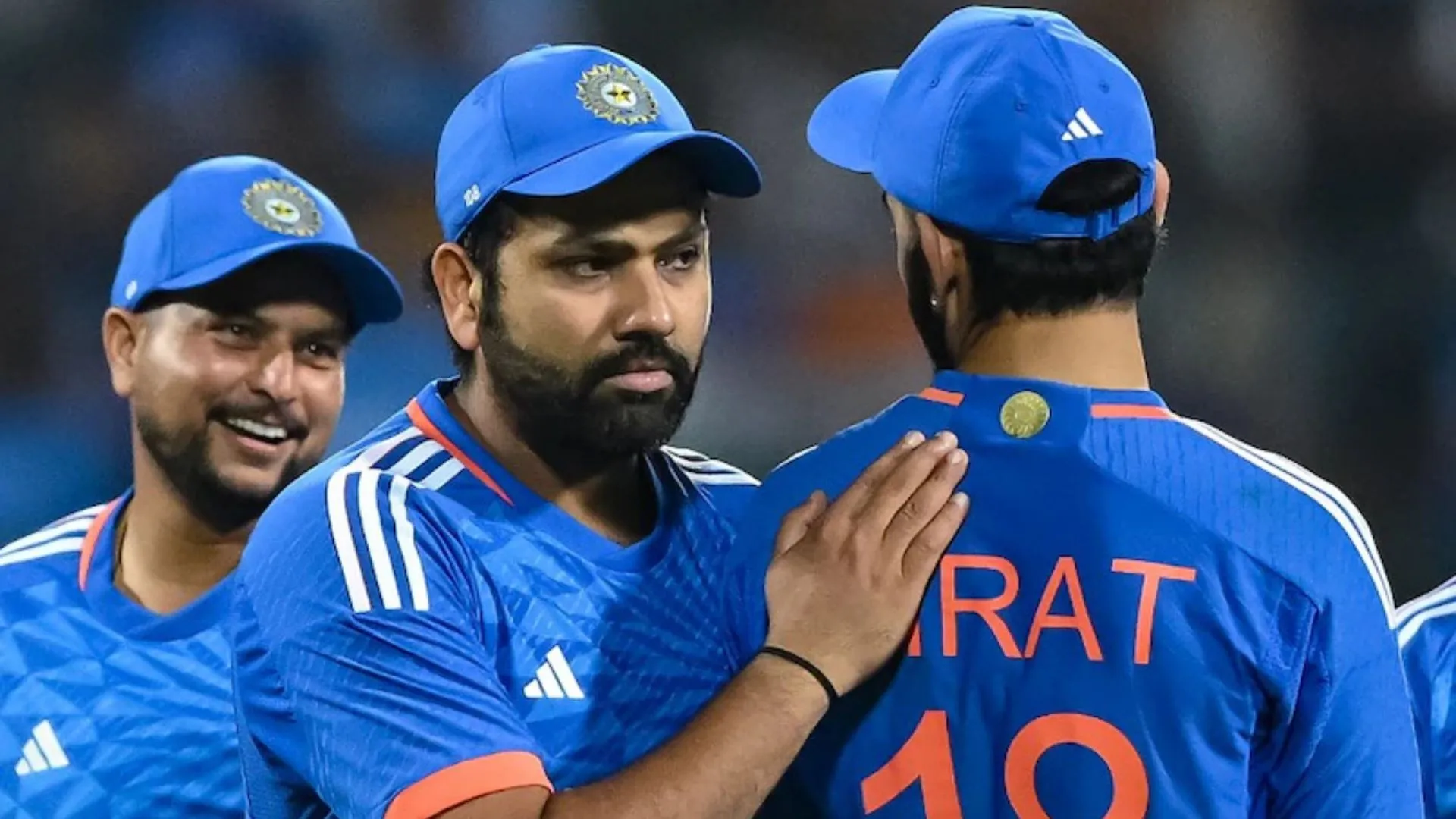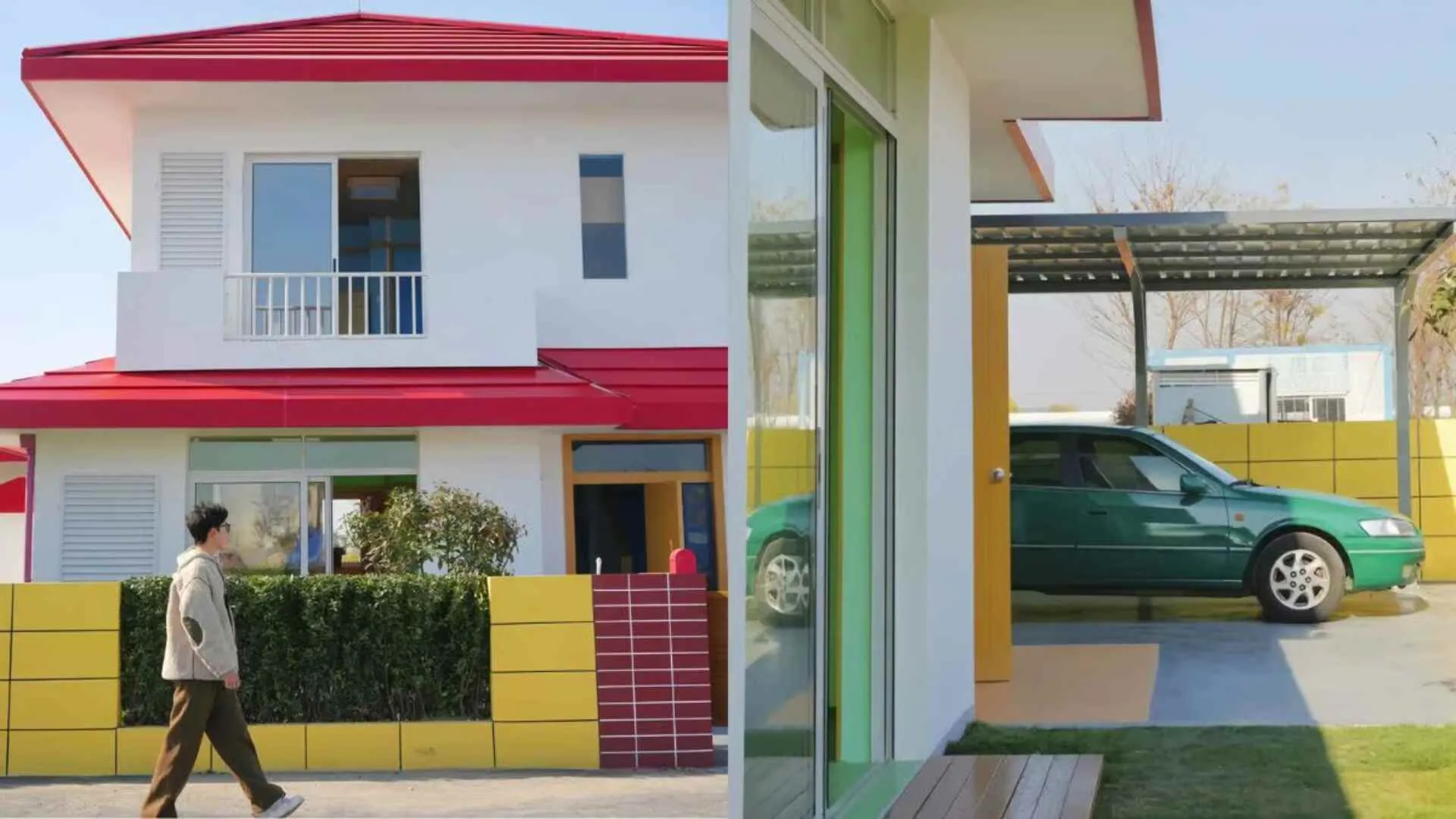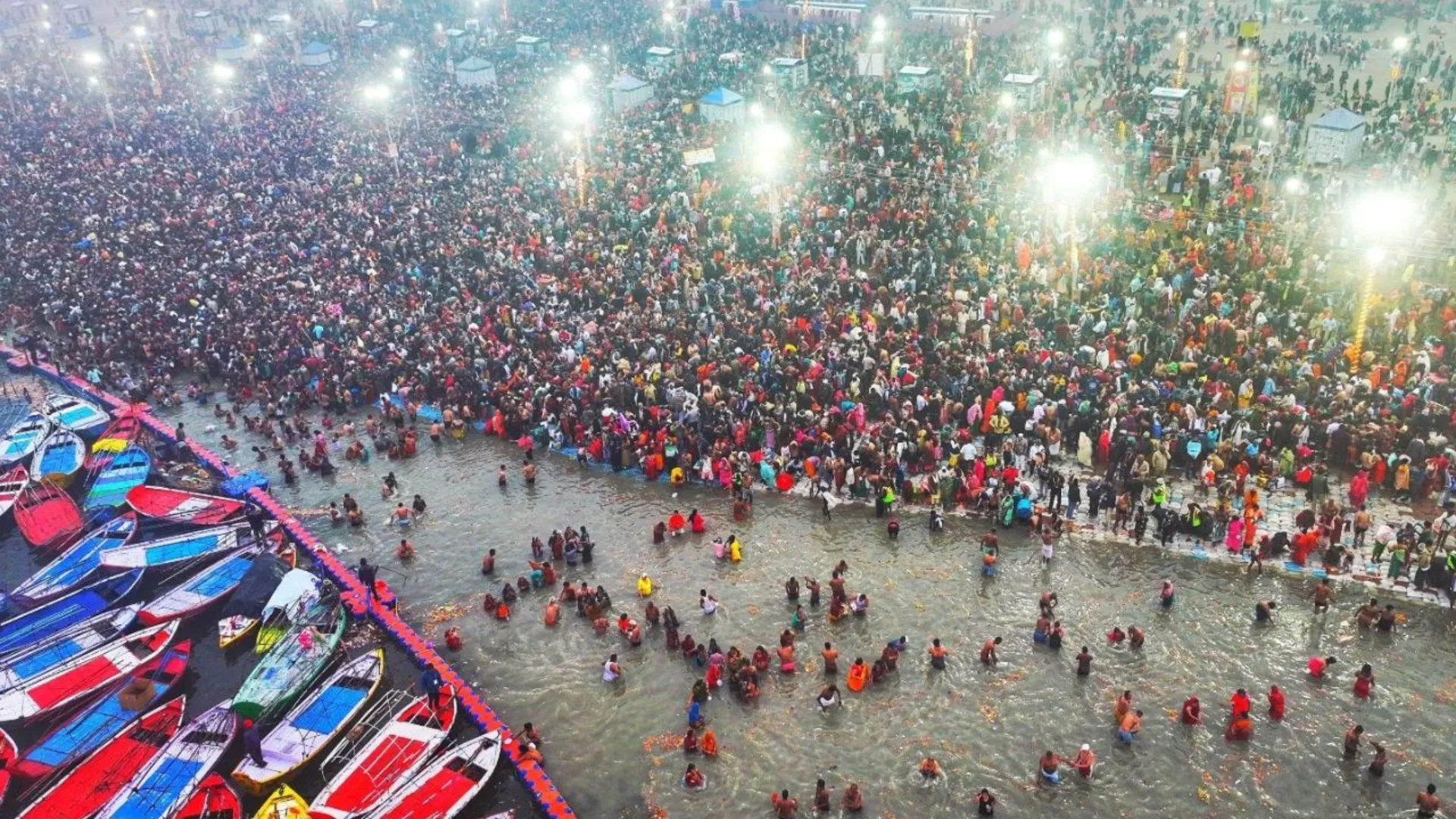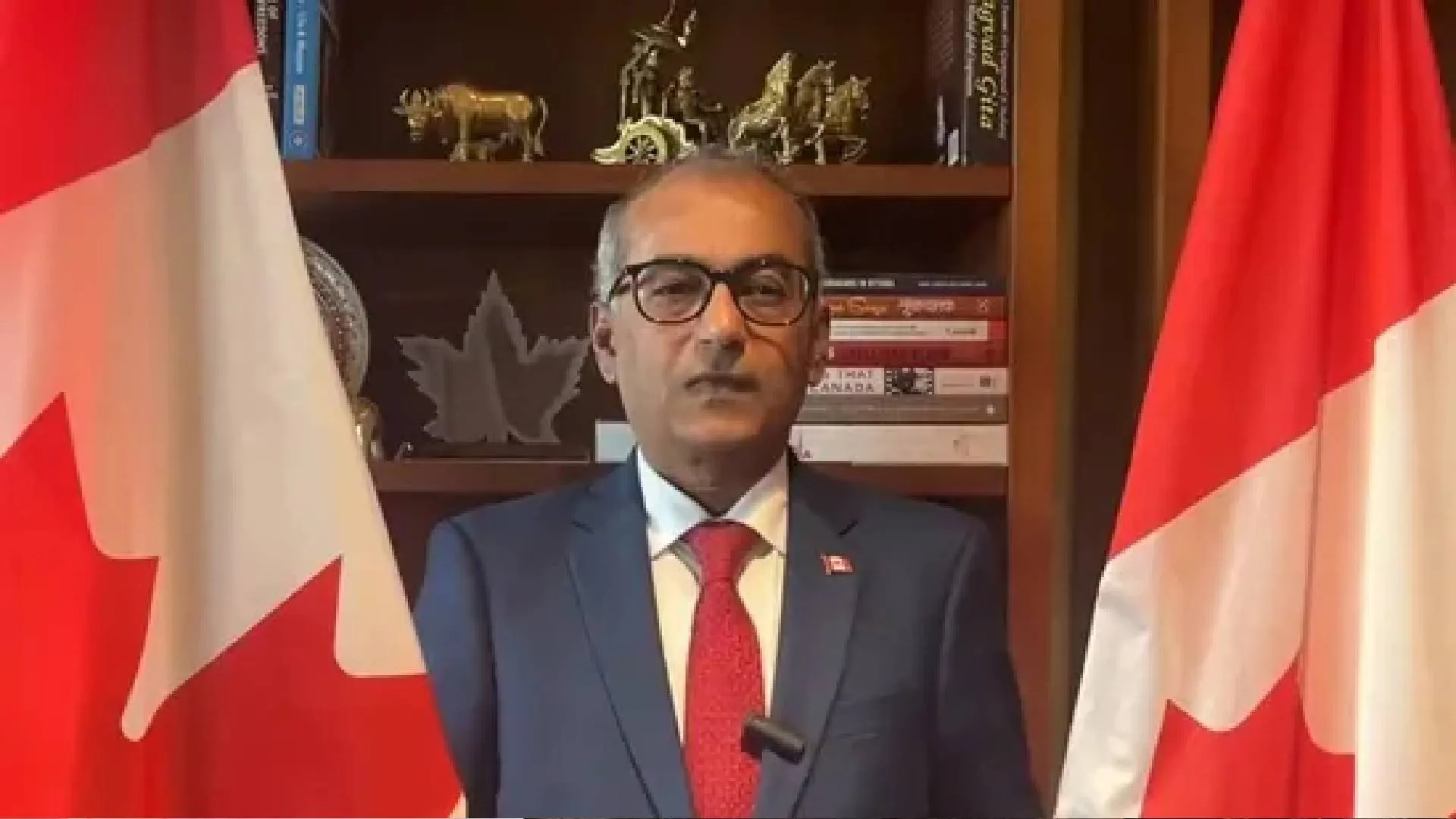Syrian rebels dismantled a statue of Hafez al-Assad, father of President Bashar al-Assad, in Hama after gaining control of the city. Footage captured rebels toppling the monument in a central square while chanting against the regime. Witnesses reported “dozens of protesters” destroying the statue, a long-standing emblem of Assad family rule, following the government forces’ retreat under intense pressure.
The takeover of Hama marks a critical achievement in the rebel offensive, which has seen rapid gains, including the capture of Aleppo. Days earlier, another statue, commemorating Bashar al-Assad’s late brother Bassel, was destroyed in Aleppo. The Islamist group Hayat Tahrir al-Sham (HTS), leading the offensive, claimed victory in Hama. HTS leader Abu Mohammed al-Jawlani pledged “no revenge” and confirmed the city’s central prison was overrun, freeing many inmates.
Also Read: Syrian Govt Denies Reports Of President Assad Fleeing Amid Rebel Advance On Damascus
The rebels’ momentum has severely undermined Syrian military efforts. In the south, they have seized Deraa, Suweida, and Quneitra, advancing within 50 kilometers of Damascus. Government forces are now focusing defenses on Homs, a strategic link between Damascus and the Mediterranean. State media reported heavy airstrikes and reinforcements to protect the city, but experts warn that losing Homs could significantly weaken the regime’s position.
International reactions to the developments remain divided. While Russia, Iran, and Turkey have called for de-escalation, their support for opposing factions complicates the situation. Western nations, meanwhile, have voiced concerns over potential chemical weapons use amid fears of escalating violence. The situation continues to evolve as tensions rise across Syria.

